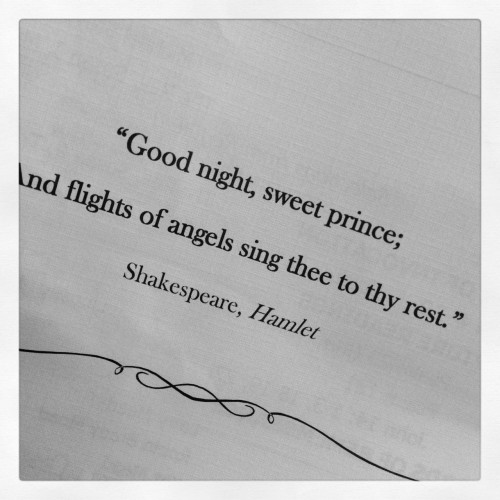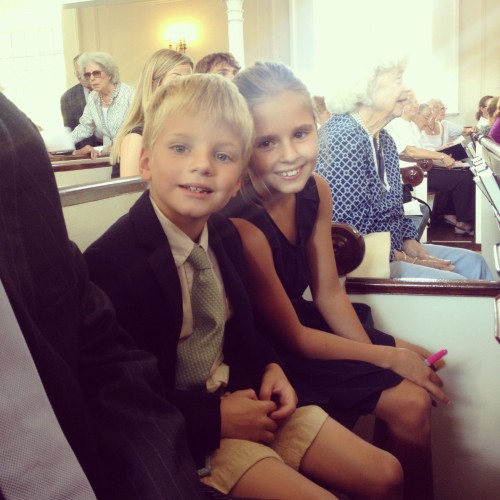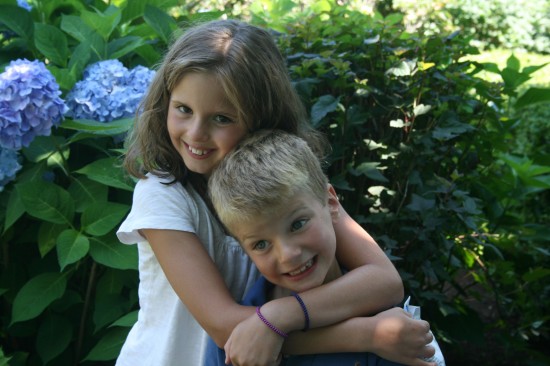Last month Christina Rosalie, in a beautiful post called there is no blueprint for being everything, asked “Is it possible to be great, to be a Creative in the broadest sense, to live deeply into the world, and still create the measured tempo of home, the rhythm of domesticity, the moments of daily bread and wonder?”
I’ve been thinking about that question ever since. I think the answer is yes. I hope the answer is yes. But even if it is, that yes isn’t simple, and we don’t arrive at it without major trade-offs. As I’ve shared before (ad nauseum), I wrote my college senior thesis on this very question. Focusing specifically on mother-daughter relationship in the work and lives of three 20th century poets, I explored the tension between motherhood and creativity. My ultimate conclusion was that the work of these poets was enriched profoundly by the experience of mothering their daughters (and other children). But the questions raised in those long months in Firestone Library have echoed through my life in ways I could not possibly have anticipated.
It gives me goosebumps, in fact, to think back to my 21 year old self hunched in her small carrel in the library, writing about the questions that she would intimately inhabit 10 years later. It’s extraordinary, isn’t it, how the perspective provided by the arc of years illuminates choices we made long ago?
The thing is, talking about the ‘choice’ between motherhood and creativity feels artificial to me. Sure, there are tensions – and they exist on myriad levels, from the initial choice to birth children as well as art all the way through the daily trade-offs of trying to be present to both small people and demanding creative work. But the whole dialog is predicated on the assumption that the measured tempo of home (as Christina so beautifully puts it) is somehow at odds with creativity. I’m sure that is true for many: creativity is a many-colored object, a phoenix of such startling brightness that it cannot possibly be reined in by the quotidian demands of life as a mother.
But the thing is, for me, it is precisely in that rhythm of domesticity that I find creativity. It wasn’t, truly, until I had sunk deeply into the mundane details of life with my small children that I really began to see the magnificence that is at the heart of anything you might call creative about me. My subject chose me, as I’ve said over and over, and that subject was these daily moments of bread and wonder. I guess this just says that my creativity, such as it is (and I have a hard time thinking of myself as a creative person, I admit, which may well be correlated) is a sparrow rather than a phoenix, dun-colored rather than replete with dazzling brightness. The more I think about it, I think that is just fine with me.
Please read Christina’s beautiful thoughts on this matter. I’d love to hear what you think, and how this tension plays out in your life? Separately, are there places in your past where, with hindsight, you can see the present glinting through, even though you didn’t realize it at the time?



